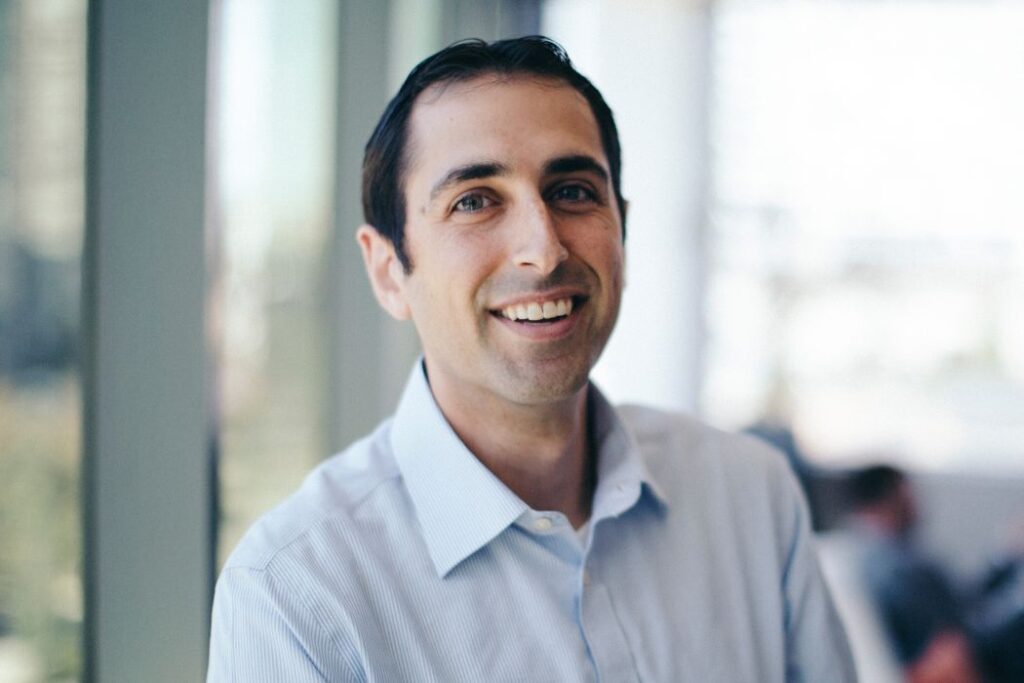Toronto-based EdTech company Prodigy Education has hired finance veteran and experienced consumer education executive Jeff Cassidy as CFO.
Boston-based Cassidy marks Prodigy’s third senior leadership addition in the past six months. This group of new hires also includes video game developer Mateus Ximenes as executive vice president of product and marketing leader Sarah Welch as CMO.
“It became easy to say yes to a lot of opportunities that we would have otherwise said no to.”
Rohan Mahimker, Prodigy Education
After seeing “massive growth” during COVID-19 as schools turned to tech, Prodigy raised a huge funding round, overextended itself, and “reset” in late 2022.
Now, with a smaller workforce, a revamped leadership team, and a renewed focus on its core business and market—learning-based games in the United States (US)—Prodigy co-founder and co-CEO Rohan Mahimker says the EdTech company is ready to grow again.
“We really want to play offence as opposed to defence going forward, which is why we brought on folks like [Cassidy] with the experience that he has at scale,” Mahimker told BetaKit in an exclusive interview.
As Prodigy CFO, Cassidy brings experience working in consumer education and EdTech. A former entrepreneur himself, he was previously CFO of the education travel firm EF Education First and tech training organization Flatiron School and has held corporate and strategic finance roles at public companies like Panera Bread, Vertex Pharmaceuticals, and GE Capital.
Cassidy told BetaKit in an interview that he joins Prodigy at a “pivotal moment” for the company, which brought in a lot of customers during COVID-19, has retained much of the market share it gained during this time despite some bumps in the road, and has now “re-circled” around to what it does best.
RELATED: EdTech startup Prodigy raises $159-million CAD Series B
Founded in 2011 by Mahimker and co-CEO Alex Peters, Prodigy develops curriculum-aligned games for kids. The game-based learning leader currently offers two primary products: Prodigy Math and Prodigy English. Today, Prodigy claims its games are used by about eight million elementary school-aged students per month.
Prodigy Math is an award-winning, research-based math practice tool that allows students to explore different worlds, go on quests, meet magical characters, and collect pets while practicing math skills.
Aimed at replicating the success of Prodigy’s flagship math game, Prodigy English—which the company launched in early 2022—is a sandbox-style game for students to practice their English skills while building their own worlds, collecting supplies, and exploring with friends.
Back when the pandemic fuelled a big rise in demand for Prodigy’s tech, the company raised $159 million CAD in Series B funding led by TPG Growth with support from the Canadian Business Growth Fund—which funded Prodigy’s only other outside financing, a $15-million 2019 round in 2019—to scale its business accordingly.

“With the growth off the back of COVID, and with a lot of possibilities in front of us and a curve that was almost vertical, it became easy to say yes to a lot of opportunities that we would have otherwise said no to,” said Mahimker.
But after seeing “slower-than-anticipated” growth in mid-2021 and 2022 and sensing deteriorating economic conditions, Prodigy decided to “reset,” Mahimker said.
In a push to streamline its operations and return its focus to game-based learning, Prodigy shut down its operations in India and scaled back its North American team in September 2022.
RELATED: Toronto software firms Top Hat, Loopio, Wattpad make layoffs
Prodigy laid off all of its 53 employees in India and 76 people in North America, or about 30 percent of its overall workforce. Its then-CMO, CPO, and CTO also departed as part of this reorganization.
“I would say we probably overhired and got a little bit unfocused in terms of taking on a whole bunch of expansionary projects,” said Mahimker, who noted that as part of these changes, Prodigy resumed focusing on its core math game, the US, and sustainable growth.
With these adjustments, plus some smaller changes since then, Mahimker believes that the currently 248-person company is “at a point now of stability,” adding, “We see a lot of growth going forward, so that’s what we’re trying to lean into.”
Cassidy, whose daughters have played Prodigy’s games, believes that the company is well-situated to do just that. “They’ve paved the way over the last 13 years,” he said. “It’s phenomenal in terms of the number of classrooms out there and the number of students who are using this product.”
RELATED: Paper cuts more staff in second round of layoffs since August
Welch, who joined Prodigy last month, previously helped scale TripAdvisor and CarGurus, while Ximenes, who joined Prodigy last August, played a part in developing popular gaming franchises like Angry Birds and Candy Crush.
Like Cassidy, Welch and Ximenes are both based in the US. “That wasn’t an accident,” said Mahimker, adding that Prodigy tried to find capable leaders closer to home. “It’s just really hard, especially for a [business-to-consumer] company, to find the level of talent that we’re looking for [in Canada].”
“It’s phenomenal in terms of the number of classrooms [and] students who are using this product.”
Mahimker cited Cassidy’s experience working at businesses that sell directly to consumers, education, and as an operator as some of the factors that made him the right fit for Prodigy and this CFO role. “He brings a really, really good business and entrepreneurial mindset where it’s not just about the numbers, it’s about what’s the right strategy to grow the business,” added the Prodigy co-CEO.
According to Mahimker, Prodigy’s game plan from here involves scaling Prodigy Math and Prodigy English in parallel and potentially expanding into more subjects down the road.
Mahimker emphasized that Prodigy’s game plan is to grow profitably going forward. He declined to share Prodigy’s revenue but claimed that the firm was close to breaking even over the past two years, will become profitable once more in 2024, and has retained a “very healthy” cash position to invest in the right growth opportunities.
Feature image courtesy Prodigy Education.


